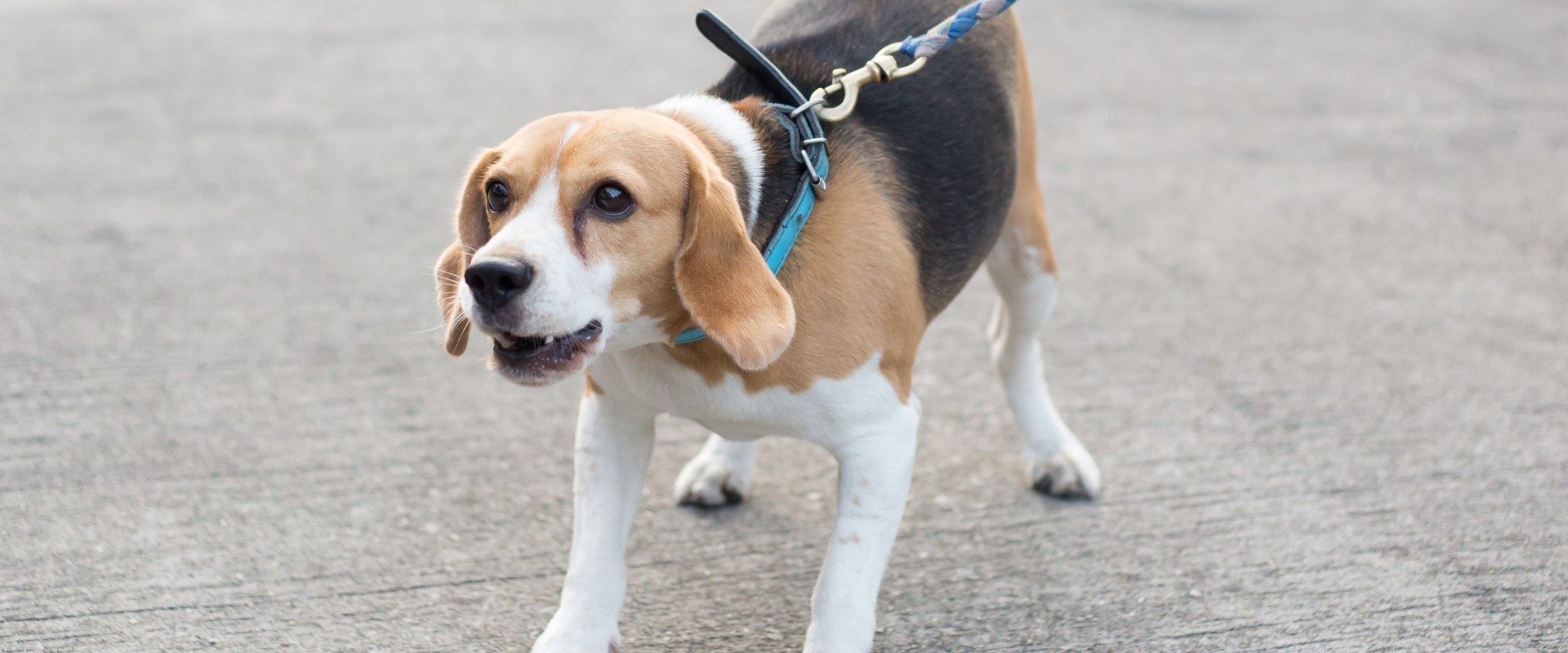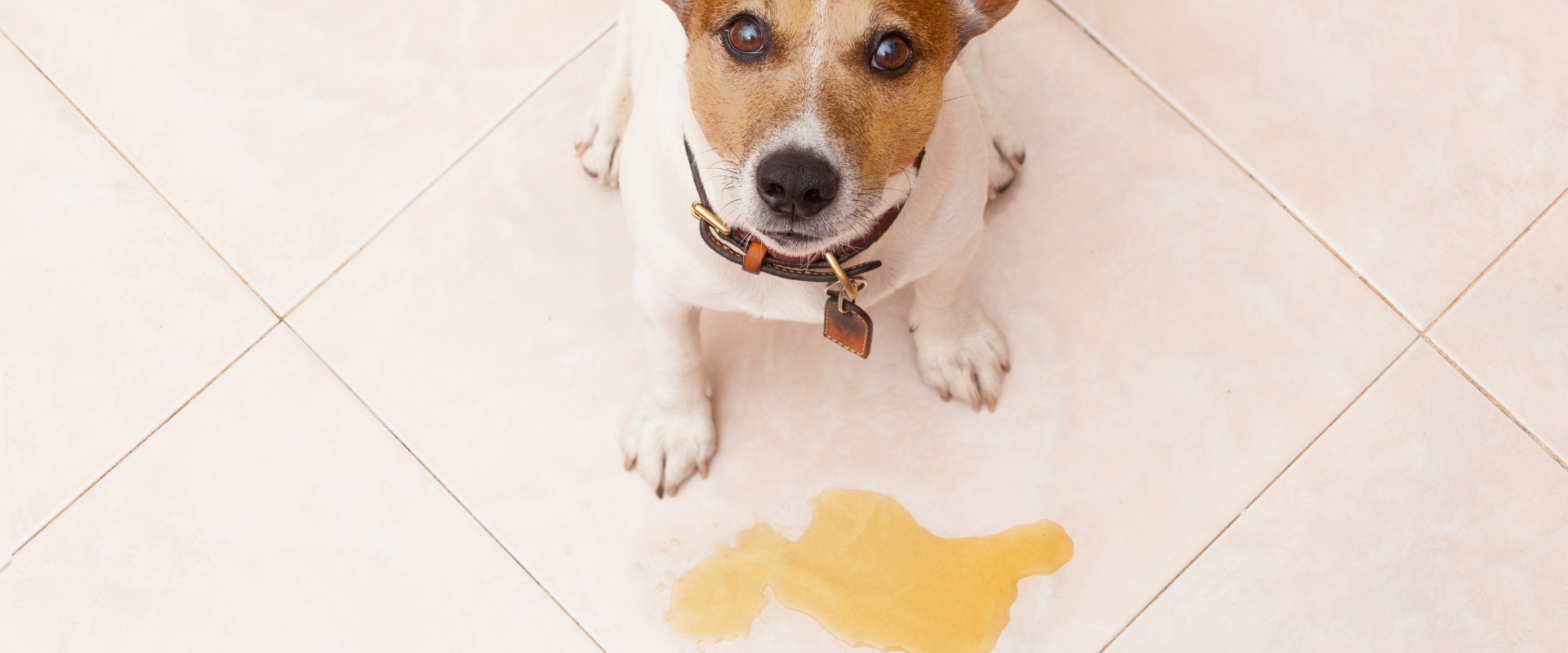Puppies are adorable bundles of energy and affection, but they can also be nippy little creatures. While puppy biting is a natural part of their development, it’s essential to teach your furry friend to control this behavior.
In this guide, we’ll explore why puppies bite, when to start training, and various effective methods to stop puppy biting.
Understanding Puppy Biting
Before diving into the training techniques, it’s crucial to understand why puppies bite. Puppies explore the world with their mouths, and biting is a part of that exploration.
They may also bite when they’re teething and experiencing discomfort. Additionally, puppies use their mouths to communicate and play with their littermates.
Here are some common reasons why your puppy may be biting and how to address them:
- Teething: Puppies start teething around 3-4 months old. This can be a painful process, and puppies may bite to relieve the pain. To help soothe your puppy’s gums, give them plenty of chew toys and teething rings. You can also try massaging their gums with a cold washcloth.
- Playing: Puppies love to play, and sometimes they may bite in excitement. If your puppy is biting while playing, try redirecting their attention to a toy. You can also try taking a break from playing until they calm down.
- Exploration: Puppies are curious and love to explore the world with their mouths. If your puppy is biting to explore, try redirecting their attention to a safe object, such as a teething toy or chew bone.
- Attention-seeking: Some puppies bite to get your attention. If you think this is the case, try ignoring your puppy when they bite. Instead, give them attention when they are behaving well.
- Fear or aggression: If your puppy is biting out of fear or aggression, it is important to consult with a certified dog behaviorist.
It is important to be patient and consistent when training your puppy to stop biting. Puppies learn at different paces, so it may take some time for them to get the message. But with patience and consistency, you can teach your puppy that biting is not acceptable.
When to Start Training
Puppy biting should be addressed as early as possible. Training your puppy to have bite inhibition (the ability to control the force of their bite) is essential, so they learn how to interact with humans and other dogs safely.
Ideally, start training your puppy as soon as you bring them home, typically around 8 weeks old.

Effective Techniques to Stop Puppy Biting
Teach Bite Inhibition: This is one of the most crucial steps. When your puppy bites too hard during play, let out a high-pitched yelp, mimicking the sound of a hurt littermate. This will startle your puppy, and they’ll learn to be gentler. If they continue to bite hard, end the play session briefly.
Provide Suitable Chew Toys: Offer a variety of chew toys to redirect their biting behavior. When your puppy starts biting you, replace your hand or clothing with a toy. Praise them when they chew on the toy instead of you.
Socialization: Proper socialization with other puppies and dogs can help them learn bite inhibition. Interactions with other dogs teach them when to use their mouths and how much pressure is acceptable.
Use Positive Reinforcement: Whenever your puppy exhibits good behavior, reward them with treats and praise. Positive reinforcement will encourage them to stop biting and engage in appropriate behavior.
Time-Outs: If your puppy becomes too aggressive or doesn’t respond to other methods, use a brief time-out. Place them in a quiet space for a few minutes to calm down. This teaches them that aggressive play leads to a loss of attention.
Consult a Professional: If the biting behavior persists or becomes aggressive, consider seeking advice from a professional dog trainer or a behaviorist. They can provide specialized guidance based on your puppy’s specific needs.
Consistency: Consistency is key in puppy training. Make sure that all family members follow the same rules to avoid confusion for your puppy.
Common Mistakes to Avoid
Punishment: Avoid physical punishment or yelling. It can create fear and aggression in your puppy.
Rough Play: Avoid rough play that encourages aggressive behavior. Instead, focus on gentle interactions and teach them that biting hurts.
Ignoring the Issue: Ignoring puppy biting will not make it go away. Address the behavior promptly and consistently.
Here are some additional tips to help stop puppy biting:
- Avoid playing rough games with your puppy, such as tug-of-war. These games can encourage biting.
- Socialize your puppy early on. Exposing them to different people and places will help them learn how to interact with the world in a positive way.
- Enroll your puppy in a puppy training class. This is a great way to teach your puppy basic commands and socialization skills.
If you are having trouble stopping your puppy biting, or if their biting is severe, you may want to consult with a certified dog behaviorist.
Conclusion
Puppy biting is a natural phase in their development, but it’s crucial to teach them appropriate behavior from a young age.
With patience, consistency, and the right techniques, you can help your furry friend grow into a well-behaved and gentle adult dog. Remember that every puppy is unique, so tailor your training to their specific needs. By doing so, you’ll ensure that your puppy learns to control their biting tendencies, making them a joy to be around.
We hope this guide helps you and your puppy on your journey to a happy and bite-free life together.



